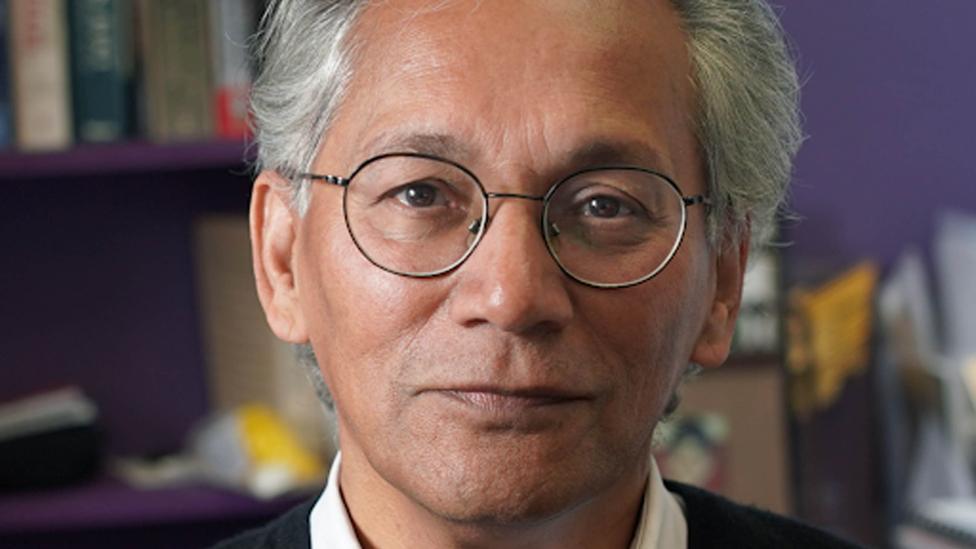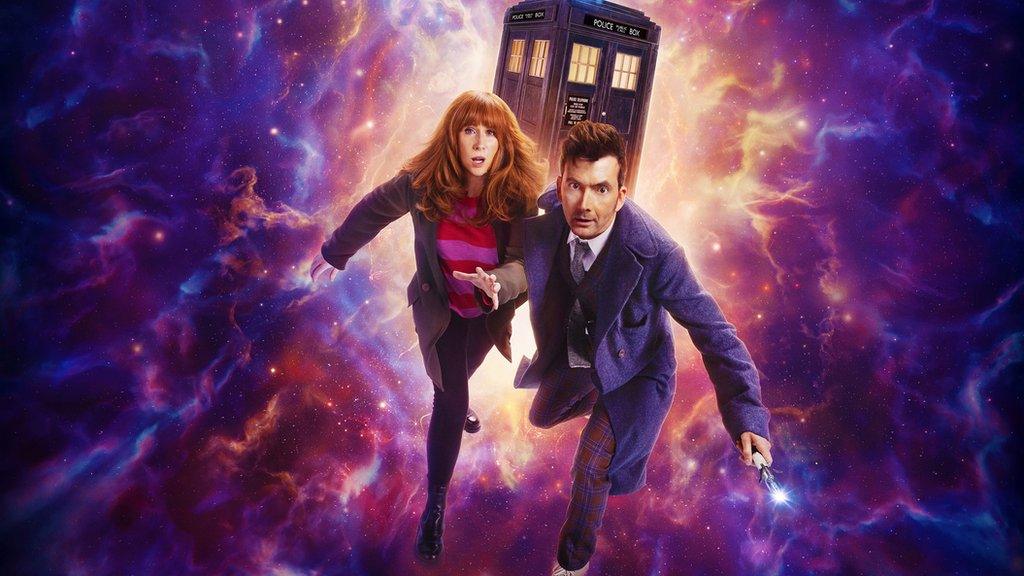BBC funding: TV licence fee to rise by £10.50, government says
- Published
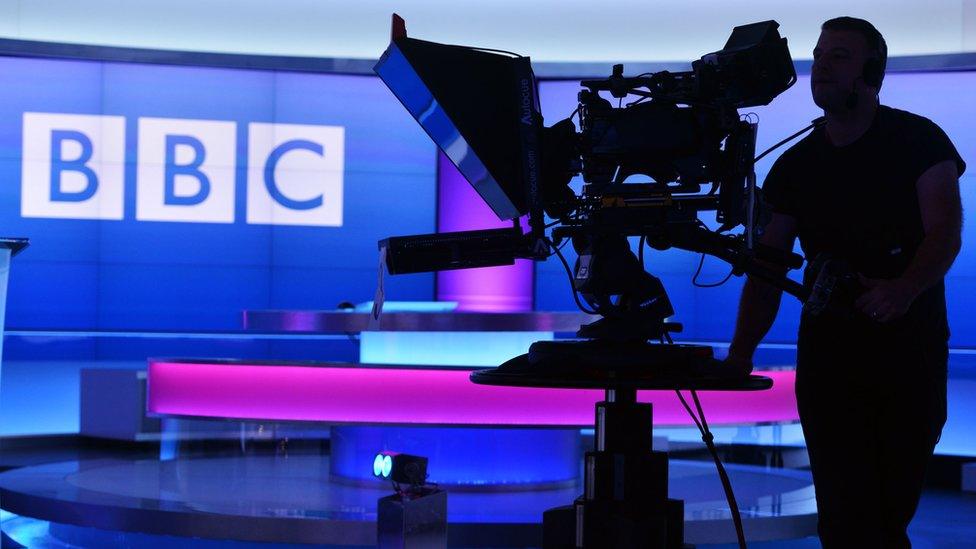
The decision to raise the licence fee by a smaller amount than expected well create an estimated funding gap of £90m
The current TV licence fee of £159 will increase by £10.50 - a rise of 6.6% - the government has announced.
The figure has been determined using September's rate of inflation, rather than an average across the last year.
Due to the recent fall in inflation, that means the £169.50 figure is less than the BBC and Office for Budget Responsibility (OBR) had anticipated.
The decision to raise it by a smaller percentage will leave an expected funding gap of around £90m.
The government is also launching a review of the BBC's funding model, Culture Secretary Lucy Frazer told MPs.
The increased fee will come into effect in April, having been frozen at £159 for the past two years.
In a statement, the BBC Board said: "We note that the government has restored a link to inflation on the licence fee after two years of no increases during a time of high inflation.
"The BBC is focused on providing great value, as well as programmes and services that audiences love. However, this outcome will still require further changes on top of the major savings that we are already delivering.
"Our content budgets are now impacted, which in turn will have a significant impact on the wider creative sector across the UK. We will confirm the consequences of this as we work through our budgets in the coming months."
The BBC had expected a rise closer to £15 - around 9% - based on the average rate of inflation over the past 12 months - a metric which has been used previously.
However, the culture secretary said earlier this week that an increase of £15 would "absolutely" be too much.
On Monday, Ms Frazer said said she was concerned a "significant rise" in the fee would add to cost of living pressures.
Labour's John McDonnell however questioned whether the move was "revenge" for ministers being grilled on BBC Radio 4's Today programme.
The former shadow chancellor said a 6.6% rise would result in a loss of journalist jobs "at a key time when we're going to a general election and they're desperately needed".
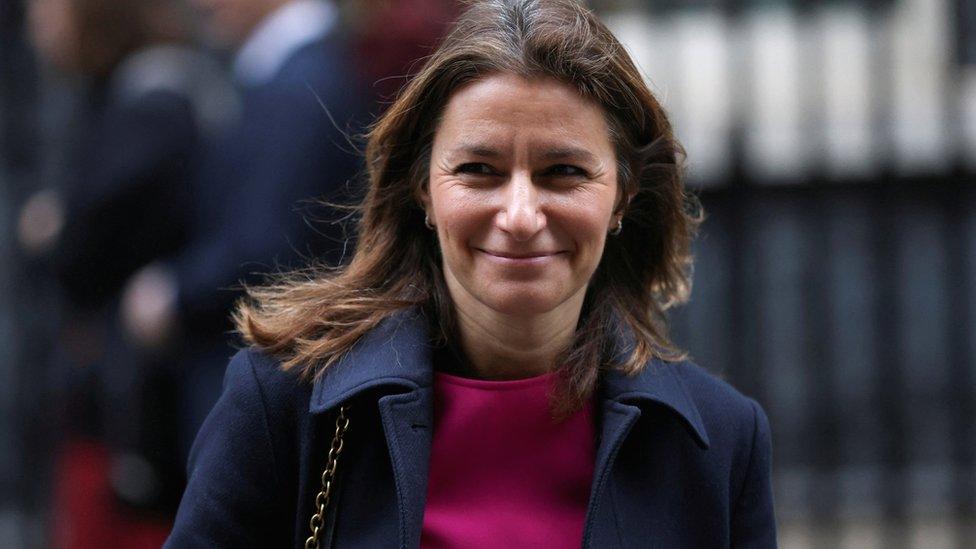
Culture Secretary Lucy Frazer warned the BBC's current funding model could become "increasingly anachronistic"
Addressing MPs on Thursday, Ms Frazer also confirmed the government would look into the future of the BBC's funding model.
There has been speculation in recent years that the funding model could change - with an increasing number of the BBC's critics suggesting a universal fee no longer makes sense in a digital era of abundant choice.
The government has published the terms of reference, external for its review online, which praises the BBC as "a great national institution".
"However," it continues, "the government believes that there are challenges around the sustainability of the current licence fee funding model.
"The broadcasting sector is evolving rapidly, and the public has much more choice about how, when, and where they access content."
Speaking on Thursday, Ms Frazer said that, as the media landscape changes, "linking the TV licence to watching live TV will be increasingly anachronistic".
"We know that if we want the BBC to succeed we cannot freeze its income," she continued, "but at the same time we cannot ask households to pay more for the BBC indefinitely."
Ms Frazer said the government is supporting the BBC to "realise commercial opportunities which will make it more financially sustainable and we'll continue to explore these provisionally" with the corporation.
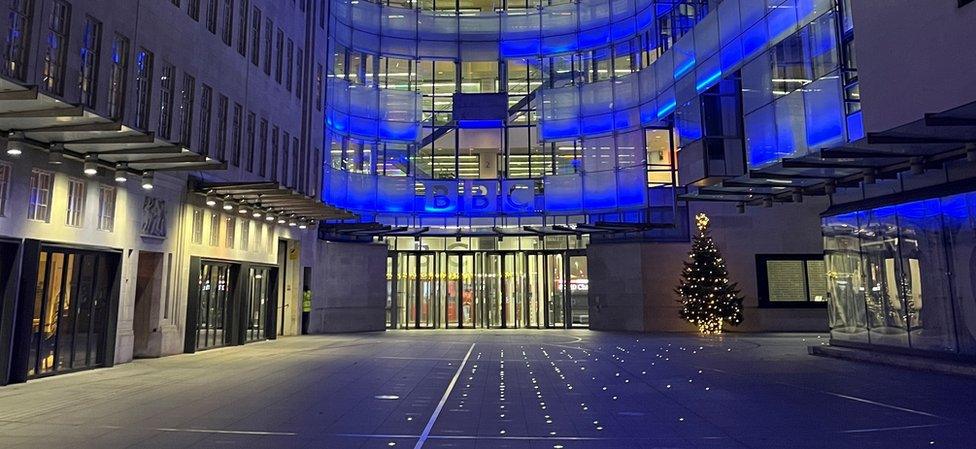
Shadow culture secretary Thangam Debbonaire said the government's decision to raise the licence fee at a slightly lower amount will make "no material difference" to those struggling with the cost-of-living crisis.
"Thirty-three pence a month per household is what I understand the difference to be between today's announcement and the deal the government already agreed to," she said. "Now that's not nothing, but does she really think that's going to even touch the sides?"
September's inflation rate was 6.7%, which would have meant a rise in the licence fee of £10.65. However, the government rounds down to the nearest 50p or £1, which in this case is £10.50 - closer to 6.6%.
The BBC's funding was £3.70bn in 2013 and £3.74bn in 2023.
If the licence fee had increased with annual inflation, the corporation would have an extra £1.16bn in funding from the fee alone.
The number of households paying licence fee has dropped by 437,000 over last 12 months.
While some have refused to pay, that figure is partly down to the number of elderly people who are unaware that they now have to buy a licence.
The government transferred the financial responsibility of free licences for the over-75s to the BBC in 2019.
Elderly people are now required to pay the licence fee unless they are on pension credit. As nearly 950,000 pensioners receive credit, covering their licences costs the BBC around £150m annually.
BBC chairman 'a fantastic choice'
Last week, the BBC announced it was cutting back BBC Two's Newsnight programme as part of a series of changes within BBC News which are expected to save around £7.5m
Streaming services such as Disney+ and Netflix have announced price increases of 38% and 14% respectively for the coming year.
The announcement of the licence fee rise comes after the government confirmed Samir Shah was its preferred candidate to take over as BBC chairman, following Richard Sharp's departure earlier this year.
His appointment has been welcomed by broadcasters including Andrew Neil and Trevor Phillips, who told BBC Radio 4's Today programme Dr Shah would be a"fierce defender" of the corporation, but also "expect the highest standards" from it.
Mr Phillips, who is a friend and former colleague of Dr Shah's, said he was a "fantastic choice" for the role of chairman.
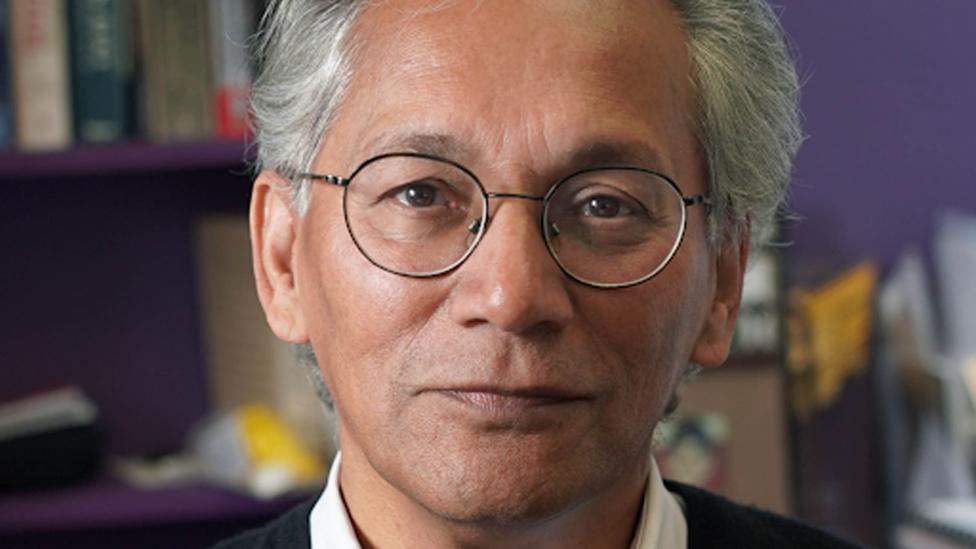
Samir Shah's appointment means there will now be a journalist at the top of the BBC
He said the BBC's survival will be Dr Shah's chief concern, adding: "I am one of those who was sceptical that the BBC would survive into the 2030s. His appointment is the first thing that has given me hope.
"That matters for all of us - I am a broadcaster for another channel, Sky, and we, of course, do our job I hope as well as [the BBC] do, but the BBC is paid by the public in a way to be the gold standard. And for all of us, its survival really matters."
Mr Phillips added: "I wonder whether there needs to be more movement towards a hybrid way of funding for the BBC, because the truth is the broadcasting and commercial environment in which the BBC came into being has gone. We are in a whole different world."
Another friend of Dr Shah's, columnist Rod Liddle, also welcomed his appointment,, external adding he has a "wicked sense of humour and doesn't have much time for the identity politics and tokenism with which the BBC seems obsessed".
"Together with Tim Davie, the director-general, he may just be able to set the bloated corporation on a rather better course."
Related topics
- Published4 December 2023
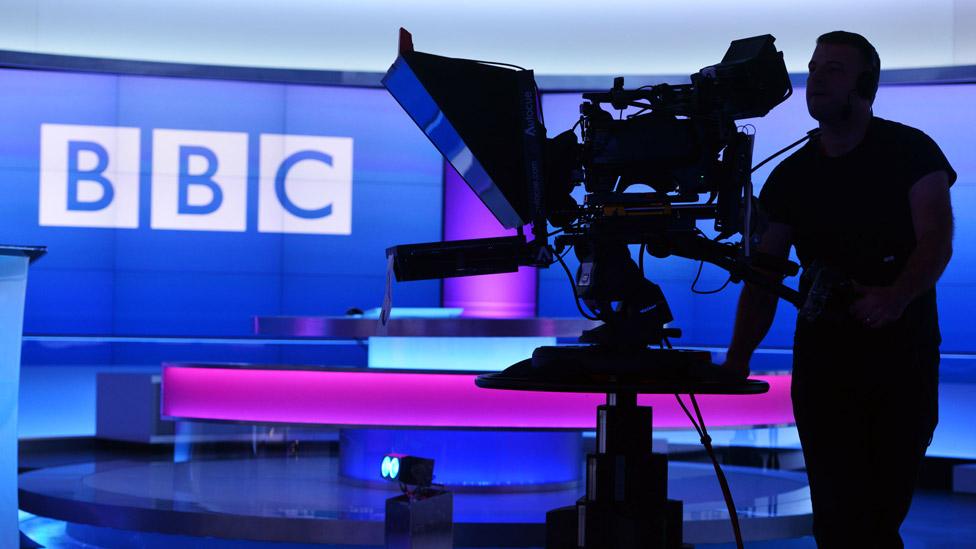
- Published6 December 2023
